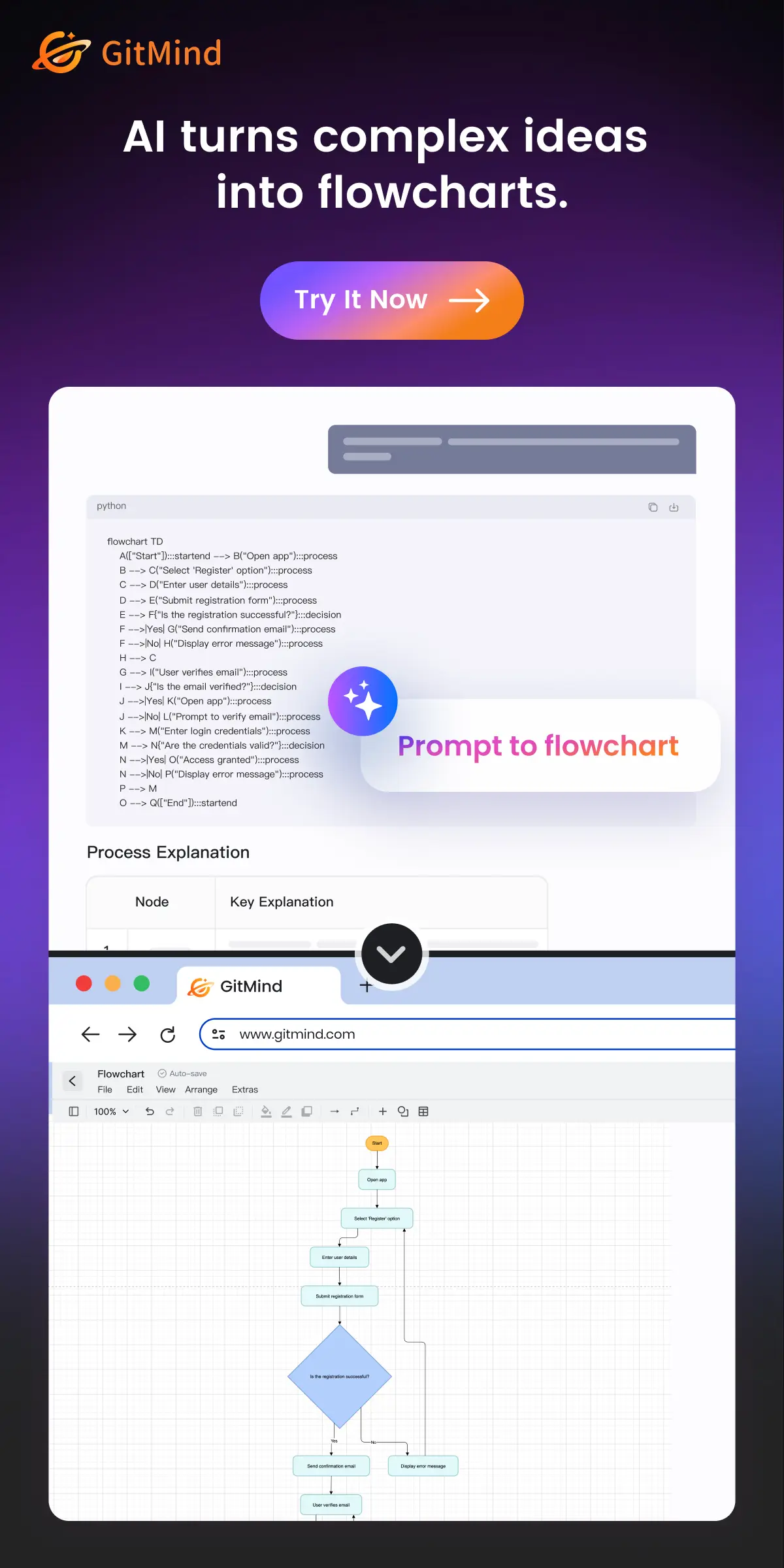
Interview
AI and the Future of Engineering: An Interview with Hugo Malagon
Read a summary using the INOMICS AI tool
What does the future hold for engineering? Perhaps we won’t know the answer until it arrives; when it comes to a field with such breadth as this, anything is possible. One thing’s for certain, though: artificial intelligence will play an enormous role in what happens to the discipline over the next few years. It’s already shaping the manufacturing industry and it won’t be long before all engineering specialisations are transformed in one way or another by this revolutionary technology. To better understand how things may develop, NewEngineer.com sat down with neuroscientist and AI expert, Hugo Malagon, to talk about exactly how AI could affect engineering and how engineers can get involved in the field.
Download the NewEngineer.com Handbook for this and other articles

Could you describe your role in the field of AI?
I am a neuroscientist. I use different machine learning techniques to analyse big data sets of neuronal activity recorded directly from the brain.
What has been your career trajectory?
After doing my diploma in Electronics Engineering at the Universidad de Ibagué in Colombia, I completed a Master’s degree in Artificial Intelligence at the Catholic University of Leuven in Belgium. Following that, I gained a PhD in Neuroscience at the Medical University of Vienna. Currently, I am a postdoc at the Laboratory of Cognitive Neurobiology at the Center for Brain Research of the Medical University of Vienna where I am investigating different cognitive aspects of behaviour, such as learning, decision making, memory, anxiety and general executive functions.
Which engineering field is most suitable for someone who wants to enter the AI industry?
I would say electrical, electronic, or mechanical engineering. That being said, any field with a good background in mathematics and programming is a helpful starting point. Other areas like psychology and philosophy can also suit the AI industry, as it does not only focus on technology development; several humanities-related issues, such as ethics, are necessary to take into consideration too.
Why would you recommend young engineers enter the field of AI? What skills do they need to possess to succeed?
The most important thing is to focus on a programming language, one which contains AI libraries like Python (or MatLab if they want to pursue a career in the academy: doing a PhD, focusing on research). I would strongly recommend having an understanding of the mathematical processes that underpin AI.
What are the biggest challenges that engineers face in AI right now? How can engineers help to solve these problems?
I think AI has been developing incredibly fast. Right now, AI is bringing optimal solutions to many different areas. There are several challenges regarding technical parts of AI, such as computation power and transfer learning. However, they are being efficiently addressed. Unfortunately, I have the feeling that more has to be done regarding the ethical implications of AI-related technology. The challenge to understand and create awareness not only in the industry and academy but also in society about the extent of AI usage is important and needs to be widely discussed. We need to talk about both the implications of robots (not so sci-fi anymore!) and decision making, and about simple AI tools and their usage for surveillance, data sharing/protection and weaponisation.
How is AI going to impact our lives in the coming years?
I believe it will improve living standards at least for those in developed and developing countries. Artificial intelligence tools will be used to diminish traffic accidents and improve the quality of transportation. It will certainly play a critical role in medical treatments, diagnosis and preventive diagnosis. Predictions of natural disasters might be possible, and it could even help develop strategies to lower the human impact on climate change. The ethical development of AI discourse will affect our lives both socially and politically, and will influence things like data protection, individual and social rights, inequality, and democracy in general.
What will be the role of engineers in this AI future?
Engineers will have to play a key role. Artificial intelligence tools will be used in almost every aspect of life. Engineers will not only have a technical responsibility but also a moral one. Our role is to be able to interlace and create synergy with other areas of human knowledge to positively contribute to society.
The OpenWorm project attempted to simulate a biological organism in a different body through Whole Brain Emulation (WBE). WBE has been touted as a way of keeping humans alive after their bodies give up on them, but is also related to AI. How do you think WBE will develop in the future? What will be the consequences of this technology?
Much of the potential of WBE remains hypothetical. Technologically we are still quite far away from achieving such a thing, and right now it is still in the realm of science fiction and philosophical discussions. We still do not fully understand the brain, and we still have much to learn about the information processed in neuronal networks. Therefore, we can talk about WEB as something belonging to the far future. But to reach that point, we will have to first pass by a near-future of a better understanding of the brain. Basic research in neuroscience attempts to achieve such understanding, but funding depends mainly on politics, and it is not a pressing issue right now. Nevertheless, if this technology can be achieved (some experts say that around the mid-21st century it will be possible), the consequences will be varied and difficult to predict. It might be possible, for instance, that we come close to achieving immortality, a development which could result in mass overpopulation and a severe lack of resources. This, of course, will highly depend on our lifestyles and levels of consumption at that time. Moreover, will a person uploaded to a computer or the cloud, able to live on forever, still be able to comment on real-world issues? Or will they live on in a sort of “simulated paradise”? These and other ethical questions have yet to be answered.
How does AI relate to the other issues of our age, such as climate change? Can AI help remedy environmental damage, or will it add to the problem?
The contributions of AI to other issues, such as helping mitigate climate change, will be extremely important. I strongly believe that AI tools will mainly benefit human development, and that they can play a positive role in solving several of today’s issues. However, developing such tools should be done with extreme care for the environment and the social issues I have already mentioned. For example, the extraction of raw materials used in phones and computers has in several cases been linked to the exploitation and mistreatment of workers worldwide. It is not the direct fault of AI development, but still, it is partially linked to it.
How much of a concern is people programming their own prejudices into AI? What can be done to guard against this?
A strong focus on politics, social values, and ethics, combined with constant interrogation of social biases should form the basis of education in both schools and universities. Only with critical and social thinking, as well as ethical boards and committees that review the results of AI-related technologies, can we help to guard against programming biases.
In your opinion what has been the biggest AI breakthrough in last 5 years?
Even though the concepts of deep learning have been there since the ’80s, I believe that the usage of deep learning to develop automats - which have bested humans in many different games (e.g. Go, Chess, DOTA and Starcraft) - opens up a realm of possibilities.
What advice would you give to future generations of engineers working in AI?
My main advice is that they should not only develop as amazing engineers or programmers but also as good citizens with a critical, political and social mind. Professionals of every discipline, including engineers, have to be interested in the problems of the everyday world. Do not leave aside the humanities and the social sciences. It is crucial that future professionals dealing with AI are not only technically remarkable but also people with discerning minds and ethical behaviour.
-
- Programa de Maestría
- Posted 7 months ago
Master in Statistics, Data Intelligence, and the Foundations of the Sciences
Starts 15 Sep at Università Politecnica delle Marche in Ancona, Italia -
- Practitioner / Consultant Job
- Posted 2 weeks ago
Toolmaker
At CV-Library in Worcester, Reino Unido -
- Practitioner / Consultant Job
- Posted 2 weeks ago
Tooling Design Engineer
At CV-Library in Worcester, Reino Unido











